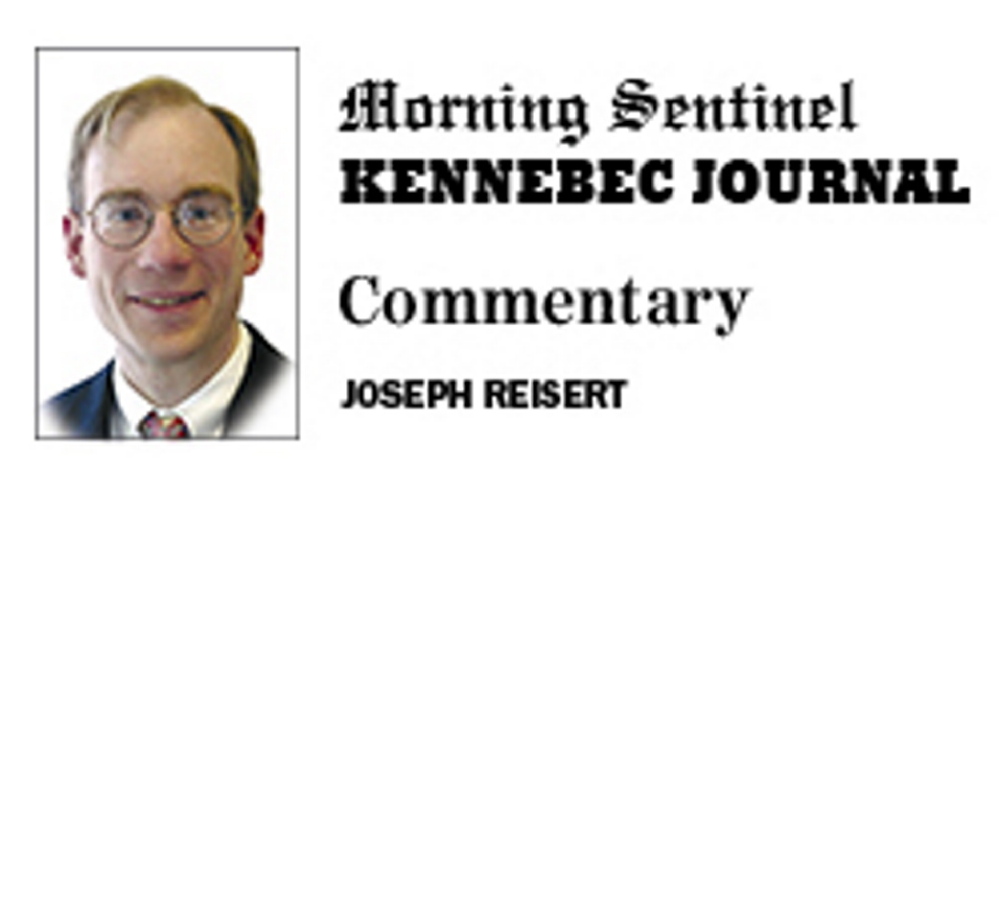The United States Supreme Court begins its new term this year, as it traditionally does, on the first Monday in October. As the court concluded its work last June, it seemed that the Roberts court had moved decisively to the left. The two highest-profile cases were big victories for progressives, and both rulings were issued by justices appointed by Republican presidents. It was Justice Anthony Kennedy, appointed by Ronald Reagan, who issued the decision making same-sex marriage the law of the land, and Chief Justice John Roberts, a George W. Bush appointee, who saved the Affordable Care Act.
And these were only the most noteworthy of a series of victories for the left: The court made it easier to bring lawsuits protesting housing discrimination, sided with Democrats who challenged Alabama’s Republican-drawn electoral map, and declared constitutional a Florida regulation of campaign finance.
The conservatives’ biggest win, by contrast, was probably Michigan v. Environmental Protection Agency, in which the court required the EPA to take costs into account before imposing new regulations on coal- and oil-fired electric power plants. Significant, yes; a landmark decision, hardly.
This term, however, is likely to be different. Progressives had so much to cheer last year, not because the court had shifted left, but because they had an unusually favorable set of cases.
This year’s docket has not been completely set, but the court already has announced plans to hear a pair of major cases that seem likely to yield major victories for conservatives: one on affirmative action, the other on public employee unions.
The affirmative action case, Fisher v. University of Texas, is actually making its second appearance at the Supreme Court. Like many colleges, the University of Texas takes the race of applicant students into account when making admissions decisions; unlike many private colleges, it also automatically admits all Texas high school graduates ranked in the top 10 percent of their graduating classes.
The Supreme Court has long been sharply and closely divided on the issue of affirmative action in higher education, but the court’s ultimate position has been reasonably consistent since 1978. Assuming that colleges have a “compelling interest” in having a racially diverse student body, the courts have permitted them to take race into account in their admissions processes — something normally forbidden by the Fourteenth Amendment — but only when it is necessary to achieve a diverse student body.
When her case first came to the Supreme Court in 2013, attorneys for Abigail Fisher argued that it wasn’t necessary for the University of Texas to look at applicants’ race at all, because the top 10 percent plan already guaranteed a racially diverse student body. Rather than issue another narrowly divided ruling, the court then found consensus by returning the case to the appeals court. That court was directed to ask the university to prove that it really had a compelling interest in judging applicants on the basis of their race by providing evidence that race-conscious admissions in fact produces educational benefits for all students.
A divided appeals court again found for the university, and evidently at least four members of the Supreme Court were sufficiently dissatisfied with that ruling to agree to hear Fisher’s renewed challenge, affording the court another opportunity to limit or end race-based affirmative action.
In Friedrichs v. California Teachers Association, the court will hear a challenge to the agency fees, which non-union employees must pay to support the union’s collective bargaining activities. Two related cases have come before the court in recent years, and in both of them, the conservative majority has questioned whether this system truly respects the rights of employees who don’t want to join the union.
When a public employee union negotiates a labor contract, it negotiates with the government, which means that its negotiating position is also in a way a political position. Public employees who disagree with their union’s negotiating position therefore claim that the agency fee they are obliged to pay to the union means they are being compelled to endorse political speech they disagree with, in violation of the First Amendment.
Liberals counter that negotiating salaries and working conditions is not lobbying, and that this First Amendment argument is just a cynical ploy by Republicans to undermine public unions, which in recent elections have been reliable supporters for the Democratic Party.
It’s only the beginning of the term, but it’s more likely than not that by the end of June, we won’t be reading any more articles about the liberal Roberts court.
Joseph R. Reisert is associate professor of American constitutional law and chairman of the department of government at Colby College in Waterville.
Send questions/comments to the editors.



Success. Please wait for the page to reload. If the page does not reload within 5 seconds, please refresh the page.
Enter your email and password to access comments.
Hi, to comment on stories you must . This profile is in addition to your subscription and website login.
Already have a commenting profile? .
Invalid username/password.
Please check your email to confirm and complete your registration.
Only subscribers are eligible to post comments. Please subscribe or login first for digital access. Here’s why.
Use the form below to reset your password. When you've submitted your account email, we will send an email with a reset code.